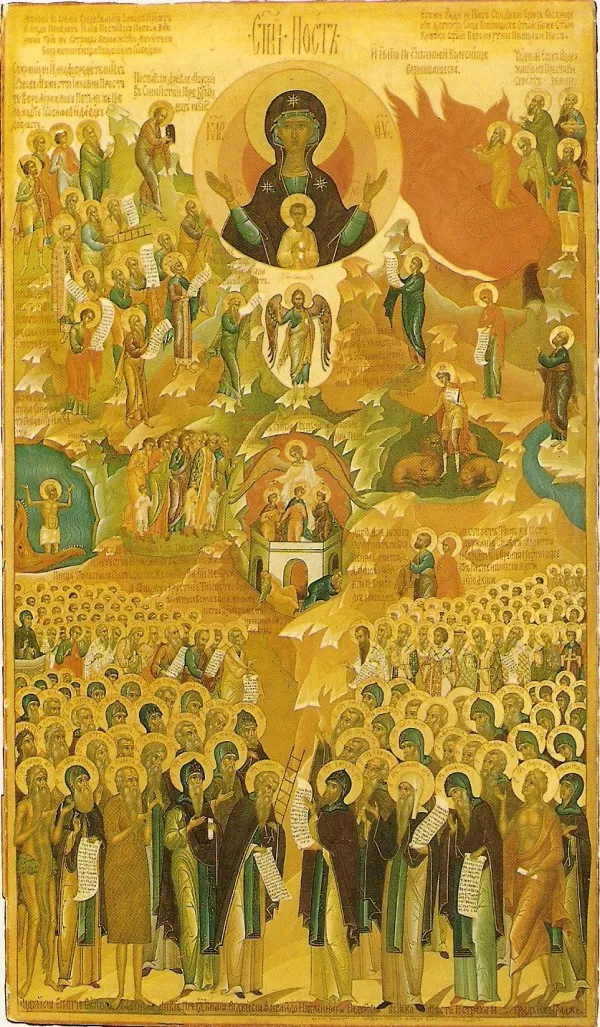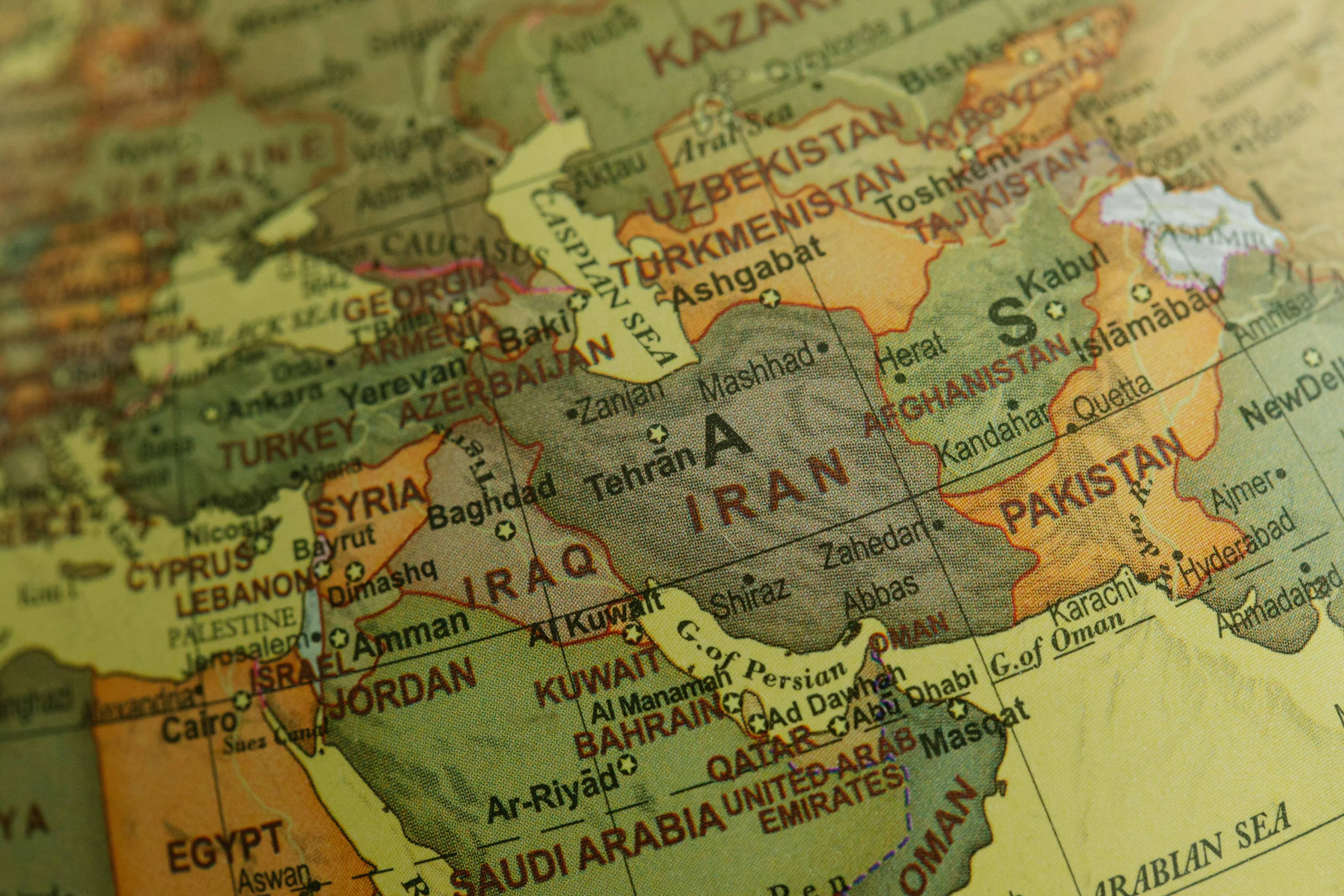At the end of March 2025, the month of Ramadan concluded, leaving the Middle East confronting both persistent conflicts and significant diplomatic shifts. In the weeks following the holy month, the region’s political landscape has been marked by ongoing violence – most notably the renewed war in Gaza – alongside important steps toward de-escalation among key powers.
Saudi Arabia
After Ramadan 2025, Saudi Arabia has solidified its role as a key diplomatic mediator in the region. Under Crown Prince Mohammed bin Salman’s leadership, Riyadh balances its relations with global powers and regional rivals. The Kingdom even offered to mediate between the United States and Iran to revive a nuclear deal. In April 2025, Saudi Defense Minister Prince Khalid bin Salman visited Tehran and delivered Riyadh’s message to Ayatollah Ali Khamenei: Iran should seriously consider President Trump’s offer of swift nuclear talks to avoid the risk of an Israeli strike. This initiative reflects Riyadh’s desire to prevent a conflict that would derail its economic goals.
Saudi Arabia’s turn to dialogue marks a reversal from its previously hardline stance against Iran. Now Riyadh prioritizes détente, recognizing that ongoing regional conflicts – from the war in Gaza to the crisis in Syria – undermine security and drive away vital investments. At the same time, Saudi Arabia takes a principled position in defense of the Palestinian cause. In late 2024, Crown Prince Mohammed bin Salman sharply condemned Israel’s actions in Gaza and demanded an immediate ceasefire, reaffirming that the creation of a Palestinian state with East Jerusalem as its capital remains a condition for normalization with Israel. Riyadh also categorically rejected any ideas of permanently expelling Palestinians from the occupied territories. As a result, a potential rapprochement with Israel is on hold after the war, while Saudi diplomacy has focused on preventing further escalation and supporting humanitarian efforts.
Iran
Iran enters the period after Ramadan 2025 facing a mix of opportunities and pressure. On one hand, the détente with Saudi Arabia has calmed the regional atmosphere. Tehran welcomed the restoration of ties with Riyadh and the high-level security meetings that ensued. With Saudi Arabia no longer openly backing Washington’s pressure campaign, Iran has a chance to focus on economic recovery. According to sources, Iran’s president told Prince Khalid he is ready for an agreement with the U.S. to ease sanctions pressure. At the same time, Tehran remains cautious: Iranian leaders distrust Trump’s unpredictability and are unwilling to sacrifice key parts of their nuclear program for a rushed deal.
Iran’s regional influence, on the other hand, has been weakened by recent conflicts. The heavy blows to Iran-linked groups – including Hamas in Gaza and Hezbollah in Lebanon – as well as the fall of Bashar al-Assad’s regime in Syria shook the so-called “Axis of Resistance”. This has sparked debate in Tehran about whether the country should accelerate efforts to acquire a nuclear deterrent, since its previous “forward defense” doctrine via regional allies has suffered serious setbacks. The prospect of the Islamic Republic obtaining nuclear weapons greatly worries Riyadh, and this risk is precisely what drives Saudi Arabia to seek dialogue and guarantees instead of confrontation.
During the Gaza war, Iran consistently denounced Israel and voiced support for the Palestinian factions. The rhetoric was harsh – Iranian officials called Israel’s “targeted killings” of Palestinian leaders “organized terrorism” – but Tehran took care not to become directly involved in a war with Israel. The European Union, meanwhile, urged Iran to exercise restraint and respect nuclear limits, even as it supports a diplomatic resolution of disputes. The course Tehran chooses – compromise or confrontation – will largely determine regional stability after Ramadan 2025.
Israel
After Ramadan 2025, Israel is grappling with the aftermath of war and rethinking its regional strategy. In early March 2025, a fragile ceasefire in Gaza collapsed and fighting reignited with new intensity, causing heavy civilian casualties and deepening the humanitarian crisis. Israeli strikes led to thousands of Palestinian civilian deaths, provoking a wave of international criticism. The European Union called for restraint and protection of civilians, while underscoring that Gaza must remain an integral part of a future Palestinian state according to the two-state principle.
Israel’s regional relationships have also been tested. The Arab states that signed the Abraham Accords condemned the war in Gaza but did not sever ties with Israel. By contrast, the planned deal with Saudi Arabia was frozen after the conflict erupted – Riyadh made clear it will not normalize relations without progress on the Palestinian issue. In this new context, Israel’s diplomacy is maintaining existing Gulf partnerships, but new breakthroughs in the region are unlikely as long as the Palestinian problem remains unresolved.
The United States remains Israel’s primary ally, but in 2025 Washington introduced a new nuance. President Trump publicly reaffirmed his commitment to Israel’s security, but chose to first seek diplomatic engagement with Iran, surprising many in Tel Aviv. Israel, for its part, asserts that it reserves the right to act alone against the Iranian threat if necessary. Meanwhile, the far-right policies of Israel’s government – such as the accelerated expansion of settlements – have strained relations with Europe. Pro-European observers warn that without guaranteeing the legitimate rights of the Palestinians, Israel’s quest for lasting security will remain unfulfilled.
Palestine
The Palestinians in Gaza and the West Bank find themselves in an extremely difficult situation after Ramadan 2025. The Gaza Strip has been devastated – its infrastructure in ruins and its population facing a humanitarian catastrophe. During the holy month, a brief ceasefire collapsed and Israeli airstrikes killed hundreds of children within days. The war not only caused enormous suffering but also further weakened Hamas’s military capabilities.
In the West Bank, President Mahmoud Abbas and the Palestinian Authority (PA) continue diplomatic efforts, though their influence on events is limited. The PA seeks international support and is working with Arab states on plans to rebuild Gaza under its legitimate control. Arab and European partners have unanimously rejected any proposals to permanently relocate Gaza’s population outside their land, and affirm their commitment to resolving the conflict by establishing a Palestinian state in which Gaza is an integral part.
You may also like
 Delyan Peevski Congratulates Muslims on Ramadan: May the Holy Month Inspire Good Deeds
Delyan Peevski Congratulates Muslims on Ramadan: May the Holy Month Inspire Good Deeds The Stars Whisper: A Day for Settling Old Scores and New Opportunities
The Stars Whisper: A Day for Settling Old Scores and New Opportunities President Yotova to hold consultations on caretaker prime minister with APS, MECH, and Velichie
President Yotova to hold consultations on caretaker prime minister with APS, MECH, and Velichie Lent: What You Need to Know About the Most Important Fast of the Year
Lent: What You Need to Know About the Most Important Fast of the Year
Despite these efforts, political prospects remain uncertain. The peace process with Israel is frozen, and the Fatah-Hamas division persists – complicating the formation of a unified position. The fate of the Palestinian issue after Ramadan 2025 has become a test for international diplomacy. The pro-European stance maintains that only real progress toward Palestinian statehood, alongside guaranteed security for Israel, can lay the foundation for a lasting peace in the region.




Коментари (0)
Все още няма коментари.